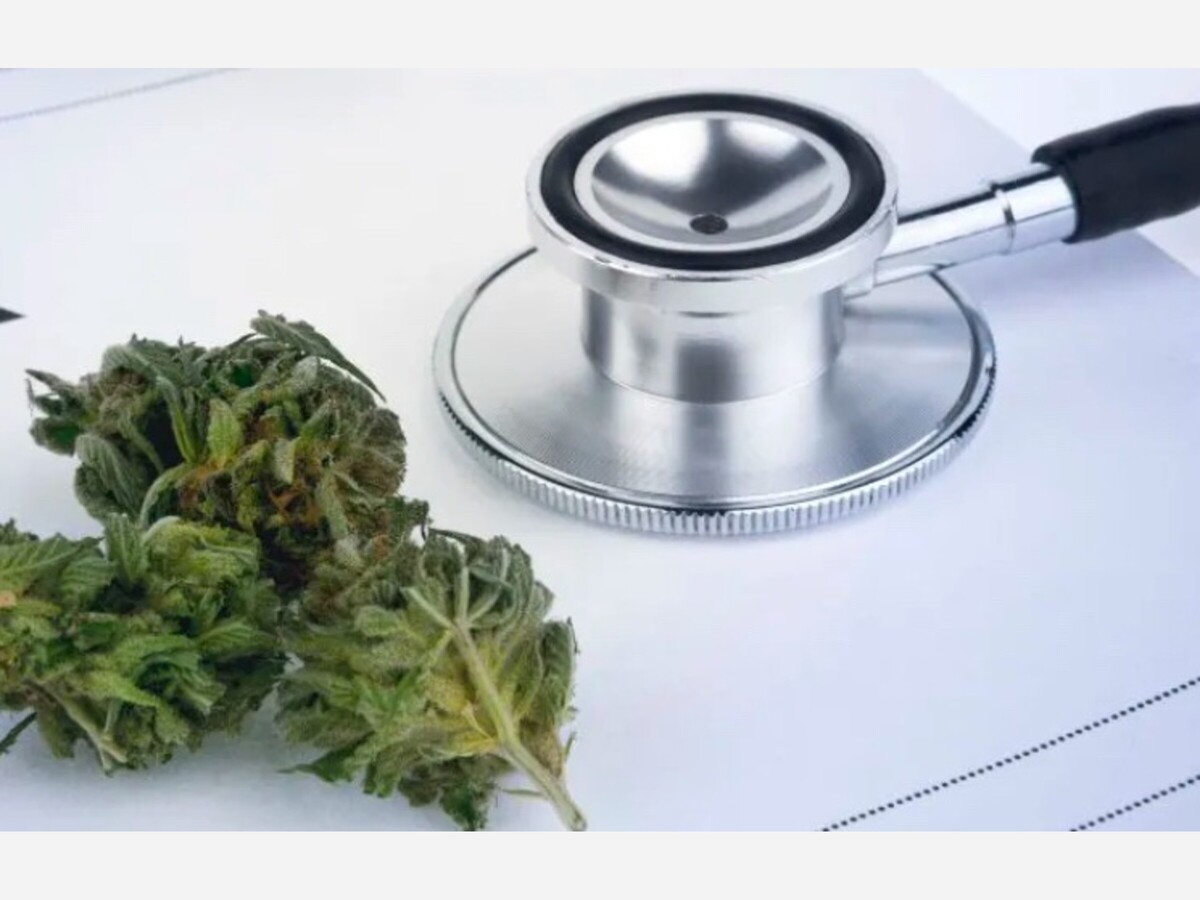Image


According to a newly released study titled; Motherhood and medicinal cannabis by Vinuli Withanarachchie, Marta Rychert, Chris Wilkins published February 18th, 2025 claims that women are emerging as a key demographic for medical marijuana or medicinal cannabis (MC) use in countries that have implemented medicinal cannabis reform legislation.
However, research on mothers' experiences of consuming medicinal cannabis otherwise known as medical marijuana in many U. S. States remains limited beyond studies on perinatal outcomes. This newly released study explores mothers' diverse experiences of consuming medical marijuana products in New Zealand under the legal medicinal cannabis scheme.
Highlights of the study found that; mothers felt managing their health with MC allowed them to be more present parents and better tolerate the stressors of motherhood. In-depth exploration of discussing MC with children and anticipating these conversations was a novel finding. Most mothers tried to destigmatise MC in conversations by classifying it in the same category as other medications and discussing its therapeutic benefits. Few were cautious about having these conversations too early.
The new report, published February 18th, 2025 drew from interviews with 15 mothers who used medical cannabis (MC) obtained either through prescriptions, the illicit market or both during the past year. They were asked about use in general, their conversations with children, societal stigma and risks.
Mothers reported medical marijuana as an important "facilitator of their ability to positively parent their children,” the study found, “enabling them to manage their own health needs (i.e., anxiety, endometriosis and arthritis).”
Mothers also reported feeling that “managing their health with MC allowed them to be more present parents and better tolerate the stressors of motherhood,” wrote the authors from Massey University in Auckland.
Thw study also captured that some participants had an awareness awareness of the societal stigma and negative perceptions attached to cannabis use, irrespective of medicinal purposes. Some participants internalised this stigma due to the previous illegal status of cannabis in New Zealand and historical portrayals of deviant cannabis use during their upbringing. These mothers questioned whether their use was justifiable, particularly when using medical cannabis to relax, improve appetite and sleep better, traits that overlap with the behaviours of recreational cannabis users. Mothers who were using an medical cannabis prescription or transitioning to one were less impacted as they felt they were no longer breaking the law and the prescription legitimised cannabis as a medicine for them. Respondents also drew comparisons between using cannabis and alcohol while parenting, describing the adverse impacts the latter has on children and the unfair reputation the former has gained due to dated, societal narratives.
The study also concluded that parents in the study took active steps to prevent youth exposure to cannabis by consuming medical cannabis in the evening or at night and discussing with their children the medicinal purposes of their cannabis use. However, parental use and attitudes towards cannabis may influence future cannabis use among their children was a finding.
A Slovenian study of children aged 14 to 21 years found that 42.5% had used cannabis if their mothers were more tolerant of cannabis use, compared to 21.4% whose mothers did not permit cannabis use. Adolescents were also more likely to use cannabis (81%) if their mothers had used it, compared to those whose mothers did not use it (24.3%). Studies have noted the higher health risks of frequent cannabis use, particularly high THC potency, among youth including cognitive impairment, addiction, poor academic performance, adverse impacts on neurodevelopment, and associations with mental health conditions such as depression and suicidality. These studies do not distinguish between recreational and medical cannabis use but it is reasonable to assume health risks related to frequent, high potency use of cannabis are relevant for risks related to medical use. In New Zealand two longitudinal studies found that while most recreational cannabis users experienced little to no harm from use, a subset of the population who started consuming cannabis from early to mid-adolescence were at risk of developing adult psychosis, particularly when they had a genetic vulnerability.
This study has provided insights into medical cannabis use among mothers, highlighting perceived therapeutic benefits for managing the unique stressors of motherhood and health and wellbeing in general. The findings illustrate the global legalisation of medical cannabis as a possible catalyst for shifting attitudes towards cannabis use in parenting, and a trend of women exercising agency in their health using complementary alternative therapies. They also highlight the importance of developing guidelines that support discussions with healthcare providers about medical cannabis and policies that address barriers for mothers wanting to access legal medical cannabis products. This need is underscored by the unique risks mothers face when using illegal access routes for medical cannabis, such as discrimination in the legal system and losing custody of their children. As the global medical cannabis landscape evolves and women grow as a key demographic, future research should further investigate the nuances and complexities of mothers seeking and using medical cannabis and the impacts of medical cannabis use on parenting.
Vinuli Withanarachchie designed the research, collected data, contributed to the analysis and writing. Associate Professor Marta Rychert acquired funding, contributed to the research design, analysis, writing and editing. Professor Chris Wilkins acquired funding, contributed to the research design, writing and editing.
The research was funded by the New Zealand Health Research Council grant (23/244). Open access publishing facilitated by Massey University, as part of the Wiley - Massey University agreement via the Council of Australian University Librarians.